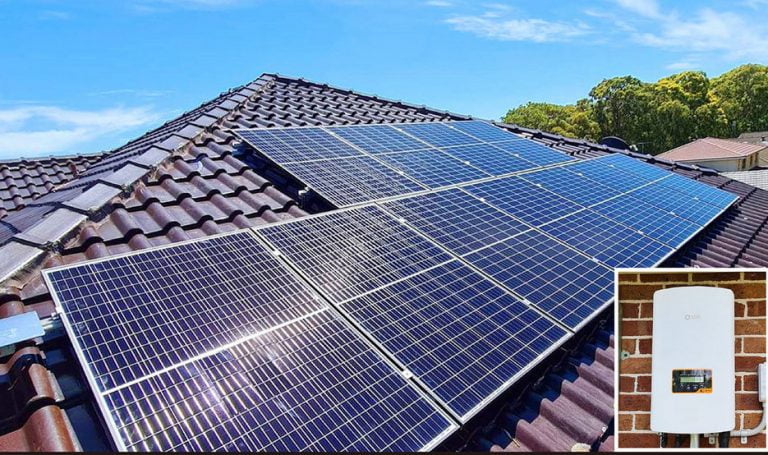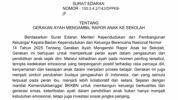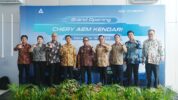US Imposes New Tariffs on Solar Panels from Four Southeast Asian Nations
JAKARTA, RAKYAT NEWS – The United States has announced new anti-dumping tariffs on solar panels imported from Cambodia, Malaysia, Thailand, and Vietnam. The move comes in response to allegations that Chinese manufacturers are flooding the global market with unfairly priced solar products by operating through these Southeast Asian countries.
The tariffs, ranging from 21.31% to 271.2%, are intended to protect domestic solar manufacturers and support the growth of the US clean energy sector.
The decision follows an investigation by the US Department of Commerce, which found evidence of unfair trade practices. Chinese solar giants, such as Jinko Solar and Trina Solar, have established production facilities in these four countries to circumvent existing tariffs on Chinese-made solar panels. This has led to a significant drop in global solar panel prices, putting US manufacturers at a competitive disadvantage.
The new tariffs vary depending on the company and country of origin. For instance, Jinko Solar faces a 21.31% tariff for products manufactured in Malaysia and a 56.51% tariff for those made in Vietnam. Similarly, Trina Solar has been hit with a 77.85% tariff for panels produced in Thailand and a 54.46% tariff for those from Vietnam. However, Hanwha Qcells, a South Korean company operating in Malaysia, was exempted from the tariffs.
The US solar industry has welcomed the move, arguing that it will help level the playing field for domestic manufacturers. Tim Brightbill, a trade lawyer representing US solar producers, stated that the tariffs are a crucial step in addressing years of unfair trade practices and protecting billions of dollars in investments in the US solar supply chain.
The Biden administration has been vocal about its commitment to boosting domestic clean energy production. The Inflation Reduction Act, a key piece of legislation, includes incentives for companies that manufacture clean energy equipment in the US. These incentives have already spurred plans for new solar manufacturing facilities across the country.
However, the new tariffs have raised concerns among investors and industry stakeholders. Some fear that higher import costs could slow the adoption of solar energy in the US, where approximately 80% of installed solar panels are imported. Critics also worry that the tariffs could strain trade relations with Southeast Asian nations and disrupt global supply chains.
The decision comes amid growing tensions between the US and China over clean energy investments. The Biden administration has expressed alarm over China’s massive investments in clean energy manufacturing capacity, which it views as a threat to US economic and energy security. The new tariffs are part of a broader strategy to reduce reliance on foreign-made clean energy products.
The final determination on the tariffs is expected by June 2, 2025, with the new duties taking effect shortly thereafter. As the US continues to push for energy independence and a greener economy, the impact of these tariffs on both domestic and international solar markets will be closely watched. The move underscores the challenges of balancing trade fairness with the urgent need to transition to renewable energy sources. (Uki Ruknuddin)



























Tinggalkan Balasan